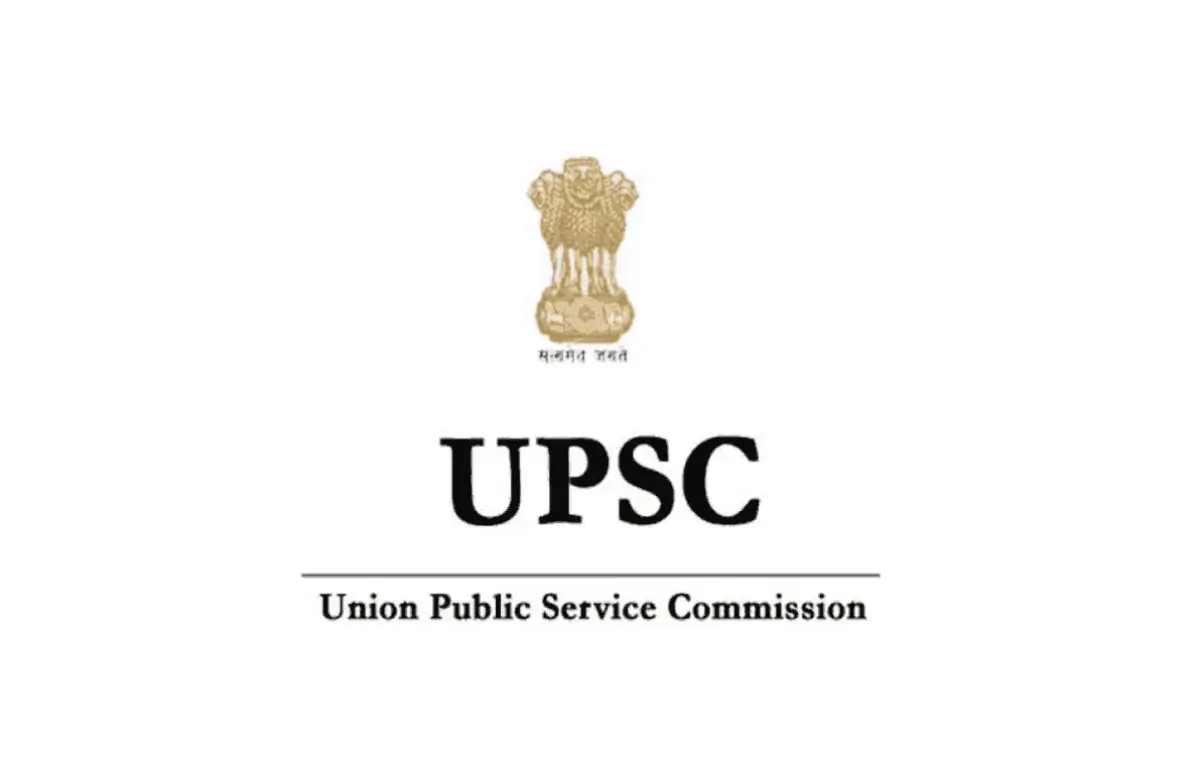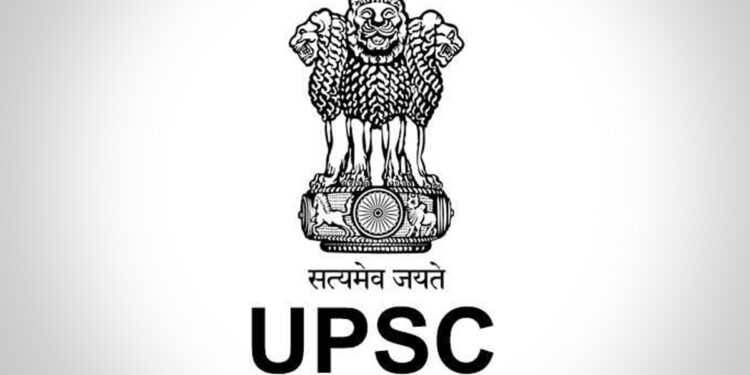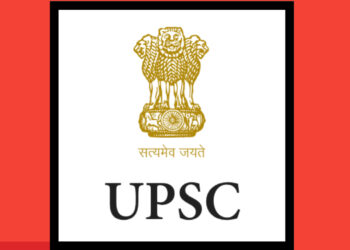Table of Contents
ToggleIntroduction
7 Main Strategies For Tackling UPSC Mains GS Paper 3 One of the most competitive tests in India is the UPSC Civil Services Examination (CSE). It assesses a candidate’s expertise, critical thinking abilities, and capacity to resolve challenging problems pertaining to international relations, governance, the economy, and society. With 250 marks, the General Studies Paper 3 (GS Paper 3) is one of the important papers of the Mains Exam. For applicants hoping to join the Indian Administrative Service (IAS) and other esteemed administrative positions, it is essential.
GS Paper 3 covers topics that are central to India’s development and challenges. The subjects under this paper include:
- Economic Development
- Governance
- Technology
- Environment
- Security
- Disaster Management
Candidates must be able to give logical, well-structured, and critical analyses in addition to having a thorough mastery of the subject matter because the majority of the questions in this paper are analytical. Given the interconnection of different concepts and the requirement for an interdisciplinary approach, candidates may find GS Paper 3’s wide variety of topics intimidating.
1. Understand the Syllabus and Its Importance
1.1. Analyze the GS Paper 3 Syllabus
The first step to tackling GS Paper 3 is to understand the syllabus thoroughly. Unlike some other papers, the GS Paper 3 syllabus is very comprehensive and covers a wide array of topics, ranging from economic policies to environmental challenges and national security. A detailed understanding of each sub-topic will help you grasp the nuances of the paper.
Key areas to focus on:
- Economic Development: This includes topics like economic growth, poverty, inclusive growth, government policies, inflation, agriculture, industrial growth, and more.
- Governance: Understand the role of the state, public administration, transparency, accountability, and challenges in governance.
- Technology: Keep abreast of developments in information technology, biotechnology, space technology, and other technological advancements.
- Environment: Issues related to conservation, climate change, environmental protection, and sustainable development.
- Security: National security, internal and external threats, disaster management, and challenges in defense.
Having a clear understanding of the syllabus will help you focus your preparation in the right direction and reduce confusion during the exam.
1.2. Relevance of Interlinking Subjects
One of the most important aspects of GS Paper 3 is its interdisciplinary nature. The questions often require you to draw connections between economic, social, technological, and environmental factors. For instance, a question on climate change might also touch on its economic impacts or technological solutions. Therefore, integrating knowledge across different domains is key to scoring well.

2. Build a Strong Foundation with Conceptual Clarity
2.1. Focus on Fundamentals
Building a strong foundation in the basics is crucial for GS Paper 3. For example, having a solid understanding of economic theories, public administration concepts, and environmental policies will help you answer questions effectively. Rather than focusing on memorization, aim for conceptual clarity. This approach will enable you to handle complex questions that require application rather than rote learning.
2.2. Refer to Standard Books and Resources
For each subject in the syllabus, refer to standard books that are recommended by experts or previous toppers. For instance:
- Economic Development: “Indian Economy” by Ramesh Singh or M. L. Jhingan.
- Governance: “Public Administration” by M. Laxmikanth.
- Technology: “Science and Technology” by K. K. Agarwal and resources from the Department of Science & Technology (DST).
- Environment: “Environment and Ecology” by Majid Husain and NCERTs for a clear understanding of basic concepts.
- Security: “Introduction to the Constitution of India” by D.D. Basu and Internal Security by Ajay Singh.
These books provide comprehensive coverage of the topics and help in building conceptual clarity.
3. Stay Updated with Current Affairs
3.1. Importance of Current Affairs in GS Paper 3
Given the dynamic nature of the topics in GS Paper 3, it is important to stay updated with current affairs. The role of the government, economic policies, international relations, technological advancements, environmental concerns, and security challenges evolve constantly, and it is critical to be aware of the latest developments.
- For economic policies, keep track of budget announcements, monetary policy reviews by the RBI, and important schemes such as PM-KISAN and Make in India.
- For security and internal governance, read about the Naxalite movement, border security issues, and counter-terrorism efforts.
- For environmental concerns, pay attention to climate change reports, disaster management strategies, and conventions like the COP meetings.
3.2. Sources for Current Affairs
- Newspapers: The The Hindu, The Indian Express, and Business Standard are some of the best sources for daily current affairs. Focus on editorial and opinion pieces.
- Government Websites: Regularly check official websites like the Ministry of Finance, Ministry of Environment and Forests, Ministry of Home Affairs, and National Disaster Management Authority (NDMA).
- Monthly Magazines: Subscribe to magazines like Yojana, Kurukshetra, Economic and Political Weekly (EPW), and Frontline to enhance your knowledge base.
By integrating current affairs with your core subject knowledge, you’ll be able to provide contemporary examples in your essays and answers, which can greatly enhance your performance.
Read more
4. Focus on Answer Writing Practice
4.1. Importance of Answer Writing
Answer writing is an essential skill for the UPSC Mains. It tests your ability to articulate your thoughts, present logical arguments, and deliver concise and relevant content. Effective answer writing is not just about knowing the facts but also about how you present them under time pressure.
4.2. Key Aspects of Answer Writing
- Introduction: Start with a brief, crisp introduction that provides the necessary context.
- Body: Break the body into subheadings or bullet points for clarity. Always address the key issues, provide analysis, and offer solutions.
- Conclusion: Wrap up with a balanced conclusion, summarizing your arguments and providing a way forward or recommendations.
4.3. Practice Regularly
Set aside time daily to practice answer writing. Begin by writing answers for past year’s questions, model papers, and mock tests. Review and analyze your answers, focusing on content, structure, clarity, and timeliness.
- Time Management: Practice writing answers within the time limits of the exam (approximately 7-8 minutes per answer). This will help you develop speed and precision.
5. Develop Analytical and Critical Thinking
5.1. Critical Thinking for Answer Writing
For many questions in GS Paper 3, mere knowledge is not enough. You must demonstrate your analytical ability by presenting a critical analysis of the issue at hand. For instance, a question on economic reforms should not only list the reforms but also discuss their impact, challenges, and future prospects.7 Main Strategies For Tackling UPSC Mains GS Paper 3
5.2. Structuring the Analysis
When faced with a question, break it down into its core components:
- What is the issue?
- Why is it important?
- What are the challenges or limitations?
- What solutions can be proposed?
This structured approach will help you develop a balanced and comprehensive analysis of the issue, making your answers stand out.7 Main Strategies For Tackling UPSC Mains GS Paper 3
Read more
6. Focus on Case Studies and Real-Life Examples
6.1. The Role of Case Studies
In GS Paper 3, case studies and real-life examples play a crucial role in strengthening your arguments. Whether it’s an economic policy, environmental issue, or governance challenge, including relevant case studies or examples can enhance the depth of your analysis and make your answer more convincing.
For example:
- For economic policies, refer to real-life applications such as the GST rollout, RERA, or PMAY.
- For governance issues, cite successful examples of e-Governance initiatives like Digital India or Pradhan Mantri Jan Dhan Yojana (PMJDY).
6.2. Citing Reports and International Examples
Cite reports from reputable organizations like the World Bank, IMF, UNDP, and NITI Aayog, as they provide authoritative data and analysis. Additionally, you can reference international examples to support your arguments. However, ensure that they are relevant to the Indian context.7 Main Strategies For Tackling UPSC Mains GS Paper 3
7. Time Management and Revision
7.1. Time Management in UPSC Mains
Time management is one of the biggest challenges in the UPSC Mains. You will have to complete multiple papers under strict time constraints. For GS Paper 3, you will need to balance thorough knowledge with concise answer writing.
- Prioritize Topics: Focus more on areas that carry higher weight, but ensure you have a basic understanding of all topics in the syllabus.
- Daily Practice: Allocate time for daily revision of current affairs, basic concepts, and previous year’s papers. Consistent study will prevent last-minute cramming.
7.2. Revision Strategy
- Revise Important Topics: Before the exam, revise all the key areas—important government schemes, technology updates, security-related issues, and critical economic policies.
- Mock Tests: Take regular mock tests to assess your knowledge and writing speed.7 Main Strategies For Tackling UPSC Mains GS Paper 3

Conclusion
Strategic planning, concentrated preparation, and consistent practice are necessary for GS Paper 3 of the UPSC Mains. You may make sure your preparation is thorough, well-rounded, and successful by adhering to the seven essential methods listed in this article. Start early, maintain consistency, and evaluate your progress frequently to do well on this important UPSC Mains paper.7 Main Strategies For Tackling UPSC Mains GS Paper 3
Read more
FAQs
1 What are the key topics to focus on in GS Paper 3?
Focus on topics like economic development, governance, technology, environment, disaster management, and internal security.
2 Is current affairs important for GS Paper 3?
Yes, staying updated with current affairs is crucial, as the questions often relate to contemporary issues in economics, governance, and security.
3 How can I improve my answer writing skills for GS Paper 3?
Regular practice, analyzing model answers, and focusing on structure, clarity, and content will help improve your answer writing skills.
4 What are some important books for GS Paper 3 preparation?
Refer to standard books like Indian Economy by Ramesh Singh, Governance by M. Laxmikanth, and Science and Technology by K. K. Agarwal.
5 How can I manage time effectively for GS Paper 3?
Prioritize important topics, set a daily schedule, practice writing under time constraints, and revise regularly to manage time effectively.7 Main Strategies For Tackling UPSC Mains GS Paper 3
















